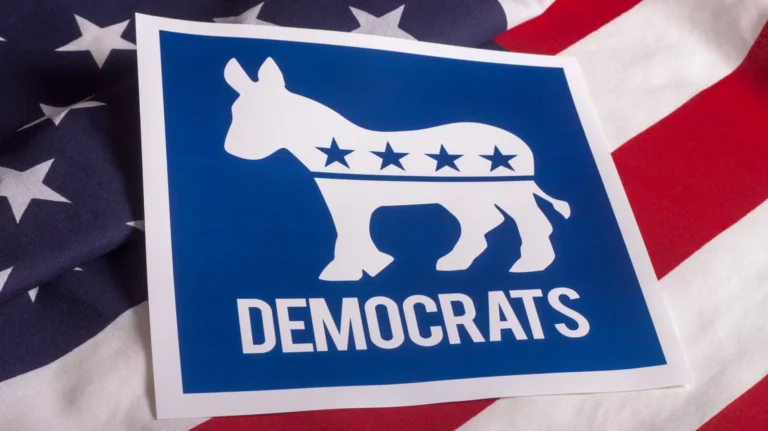🎧 Listen to This Article
Alabama House Democrats have introduced legislation to make the state’s overtime income tax exemption permanent, challenging Republican plans to let it expire to fund broader tax cuts, including a grocery tax reduction.
House Bill 467 (HB 467), spearheaded by House Minority Leader Anthony Daniels (D-Huntsville), seeks to remove the June 2025 expiration date from the tax break, originally approved in 2023. The bill also proposes a commission to assess the exemption’s long-term economic impact.
“These are hardworking Alabamians contributing to our economy,” Daniels said at a press conference last week. “This is not a handout—this is money they’ve earned.”
Fiscal Impact and Republican Opposition
When first enacted, the overtime tax break was projected to cost the Education Trust Fund (ETF) $34 million. However, the Alabama Department of Revenue reports the actual impact has soared to $230 million. Senate Republicans warn the cost could reach $350 million before the exemption expires.
With supermajorities in both legislative chambers, Republicans are prioritizing tax reductions elsewhere. Last week, House Republicans advanced a $191 million tax cut package, featuring increased retirement income exemptions, higher income tax thresholds, and expanded deductions and child tax credits for households earning under $120,000.
Another key measure would lower the state’s grocery tax from 3% to 2%, with optional local tax reductions. Republicans argue these cuts hinge on eliminating the overtime tax exemption.
“We can only afford grocery tax relief if we phase out the overtime tax break,” said Rep. Danny Garrett (R-Trussville).
Bipartisan Support and Controversy
Daniels and over a dozen House Democrats have rallied behind HB 467. The proposal has also gained backing from the conservative-leaning Alabama Policy Institute, though it faces opposition from the Economic Policy Institute (EPI), a left-leaning think tank.
EPI warns the exemption could incentivize businesses to convert salaried employees into hourly workers, reducing employer payroll costs while benefiting higher-paid professionals disproportionately.
“This loophole risks abuse, pushing employees to work excessive hours without additional compensation,” said David Cooper, EPI’s director of state policy and research.
Still, Daniels insists that maintaining the exemption is crucial for workers: “This allows Alabamians to keep more of their earnings and strengthens our economy.”
The future of HB 467 remains uncertain as Republican lawmakers weigh competing tax priorities. However, with bipartisan interest in maintaining some form of overtime tax relief, negotiations could shape Alabama’s fiscal landscape in the months ahead.
For further details, clarification, contributions, or any concerns regarding this article, please contact us at editorial@tax.news. We value your feedback and are committed to providing accurate and timely information. Please note that our privacy policy will handle all inquiries



